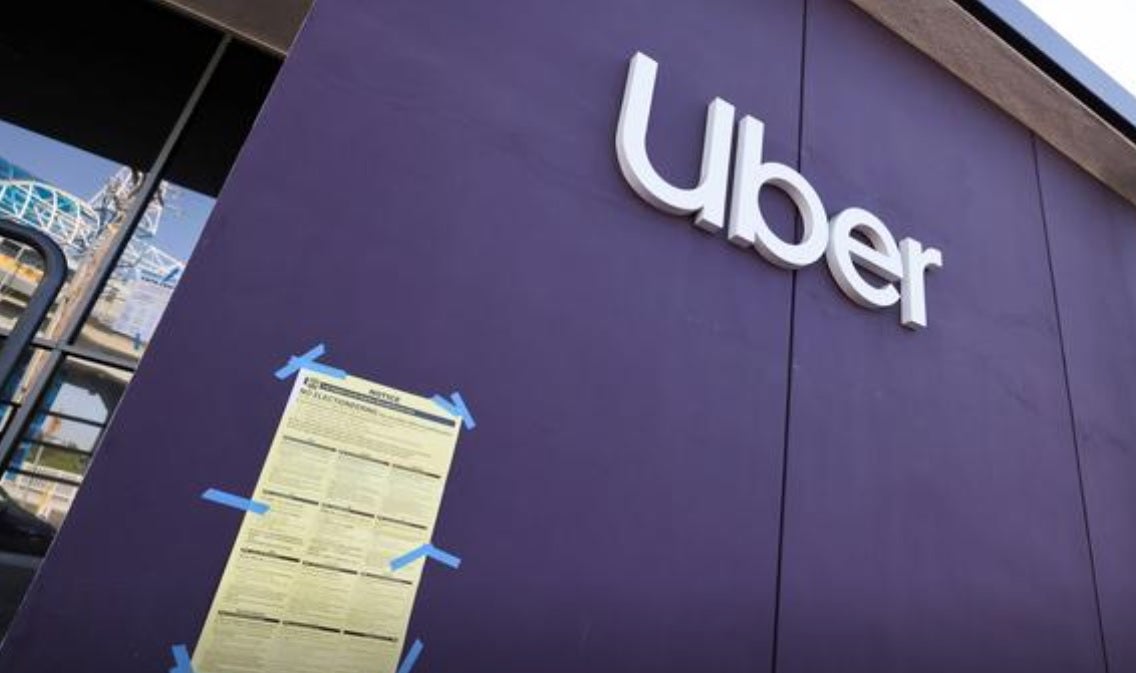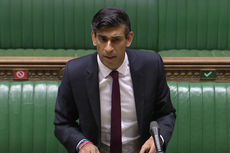Airbnb and Uber face tax crackdown as Treasury seeks ways to bolster public finances
Government looking at how to tax sharing economy platforms fairly

The Treasury is looking at ways to increase taxes on companies like Airbnb and Uber that make up the rapdidly growing sharing economy as it seeks to repair the public finances.
Rishi Sunak is concerned that technology platforms may have lowered the government's tax take because many workers in the sharing economy earn less that the £85,000 threshhold for paying VAT.
The UK’s VAT threshold is much higher than in most other countries, a policy thought to help start-up businesses. The Treasury is now reassessing VAT for an era of millions of self-employed workers connected by apps.
In a consultation paper, the government said it is considering tougher tax rules to ensure a “level playing field” for all businesses.
The growth of the sharing economy “could potentially create certain challenges to the VAT base,” and may hand unfair advantages to the sharing economy over traditional businesses, according to the paper.
“The government considers that the sharing economy not only creates challenges for VAT but impacts upon a range of different taxes.”
Applying VAT to Uber drivers, Airbnb landlords and others could raise billions more in tax. Before the coronavirus pandemic the sharing economy was forecast to be worth £140bn by 2025.
The Treasury consultation document highlighted examples of the business practices it wanted to look into for action where no VAT was being charged “where it might have been in the traditional economy.”
The Treasury said its review was designed to “test the government’s view of the VAT challenges the sharing economy creates.”
The International Monetary Fund told Britain late in October to keep up its Covid-19 spending and plan for tax hikes.
Carbon taxes, VAT and property taxes were all areas where Britain could boost revenue without hurting growth. IMF staff had said tax increases would be almost inevitable.
Additional reporting by Reuters
Join our commenting forum
Join thought-provoking conversations, follow other Independent readers and see their replies
Comments
Bookmark popover
Removed from bookmarks